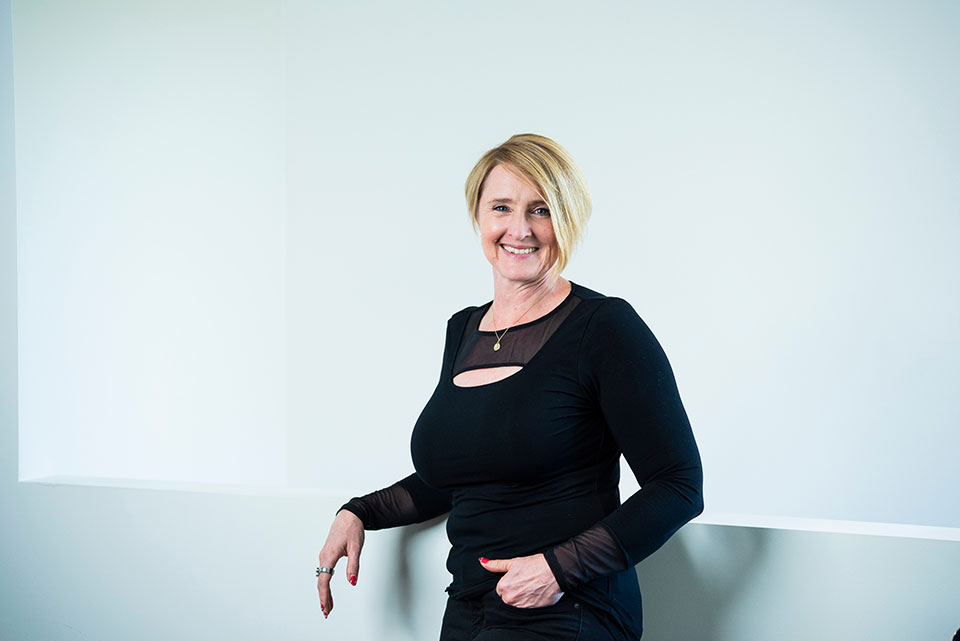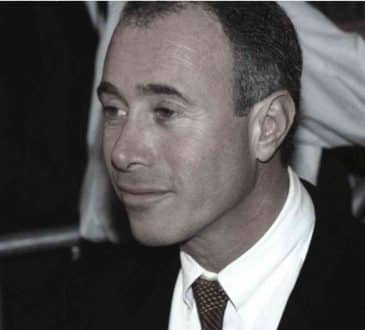Why the pandemic will be the making – and breaking – of leadership legacies

Novelist James Lane Allen said, “Adversity does not build character, it reveals it.” In a crisis, who do leaders look out for first? Do they rush to the rails, first into the lifeboats? Or stay on deck, looking after the ship, its crew, and all passengers?
Selfishness in leadership can be costly. Captain Francesco Schettino knows this all too well, being sentenced to 16 years in prison for manslaughter after Costa Concordia hit rocks in 2021, killing 32 people. He abandoned the ship with passengers and crew still on board (BBC news, 2015)
As humans, all leaders have some level of active self-preservation. Operating solely from this lens can be detrimental to all stakeholders, and ruinous for reputations. If we are to rise to the occasion during this pandemic, leaders need to expand their circle of concern beyond just ‘me and my reputation’. The bigger we define the ‘us’, the more likely we will endure, with a leadership legacy to be proud of.
One thing is certain: if a leader is only concerned about their legacy during the crisis, this is not the leader we want. Selfish concerns for reputation should not guide decisions when it comes to lives and livelihoods during the pandemic. COVID-19 has exposed many charismatic leaders with negative narcissistic traits of self-aggrandising posturing and delusions of grandeur.
Narcissism is a personality disorder where a person is emotionally isolated, lacks empathy, and is a poor listener. They often strive for “self-affirmation, regardless or even at the cost of others’ needs and interests, destroys interpersonal relationships.” (Braun, 2017) There may not be many leaders classified as narcissists, some 5% according to this research (Wright, 2017), but their impact is substantial. We fall in love with their vision and charm. But this is undermined when their self-preservation and manipulation destroys camaraderie, trust, and cooperation. When faced with the challenges of the pandemic, narcissists fail to rally the troops because they cannot access the one thing most needed: empathy.
The leaders whose reputations have been elevated by their response are all those who touted words of care and concern. Angela Merkel and Jacinda Ardern are standouts in both their containment of the crisis, and their deeply compassionate messages. Globally, the leaders who are garnering the most respect are the ones demonstrating fundamental concern for their fellow humans and evidence-based decision-making. Germany and New Zealand are touted as the best-led examples, with their science based approach and centralised communication strategy (Ketchell, 2020).
Here are three circles of concern to maintain to help ensure long-term success beyond the pandemic, reputation intact:
Care for customers
If we treat our customers as partners, then concessions and flexibility builds goodwill and gratitude. Some self-oriented leaders instead drove their customers to the wall: refusals to negotiate on rents, demanding contract terms be honoured regardless of the radically changed circumstances. This is short-sighted at best, opportunistic at worst. We are in this together. Customers and businesses are both stronger when they support each other.
Care for employees
Many employers were devastated when they had no choice but to let their staff go. With no income and no reserves, many businesses closed their doors indefinitely. Some leaders did this with grace: compassionate conversations, sharing resources and next steps for government support. Others took a more callous and arm’s length approach: a late afternoon email giving a redundancy notice. As Maya Angelou said, “people will forget what you said, people will forget what you did, but people will never forget how you made them feel.”
Care for community
Some businesses like Unilever are better resourced than others and have an extensive support strategy. While businesses have been hurting, many companies and leaders have taken a ‘do what you can approach’ to supporting their communities. Free courses, reduced fees, donated items are some examples of how leaders and their businesses have rallied for the broader community.
Self-concern and its shadow of hubris is a blight on any leader’s reputation and performance. The consistent antidote to this trap is to steer our focus back where it belongs: compassionate care for others. As leaders, we can make both sensitive and sensible decisions; one does not preclude the other. In the long run, caring for others, and expanding that circle of care, has benefits for the people we serve and for the business. It turns out that leading selflessly is ultimately the best investment for our leadership legacy.
Wtitten by Zoe Routh.
Add CEOWORLD magazine to your Google News feed.
Follow CEOWORLD magazine headlines on: Google News, LinkedIn, Twitter, and Facebook.
This report/news/ranking/statistics has been prepared only for general guidance on matters of interest and does not constitute professional advice. You should not act upon the information contained in this publication without obtaining specific professional advice. No representation or warranty (express or implied) is given as to the accuracy or completeness of the information contained in this publication, and, to the extent permitted by law, CEOWORLD magazine does not accept or assume any liability, responsibility or duty of care for any consequences of you or anyone else acting, or refraining to act, in reliance on the information contained in this publication or for any decision based on it.
Copyright 2024 The CEOWORLD magazine. All rights reserved. This material (and any extract from it) must not be copied, redistributed or placed on any website, without CEOWORLD magazine' prior written consent. For media queries, please contact: info@ceoworld.biz
SUBSCRIBE NEWSLETTER








